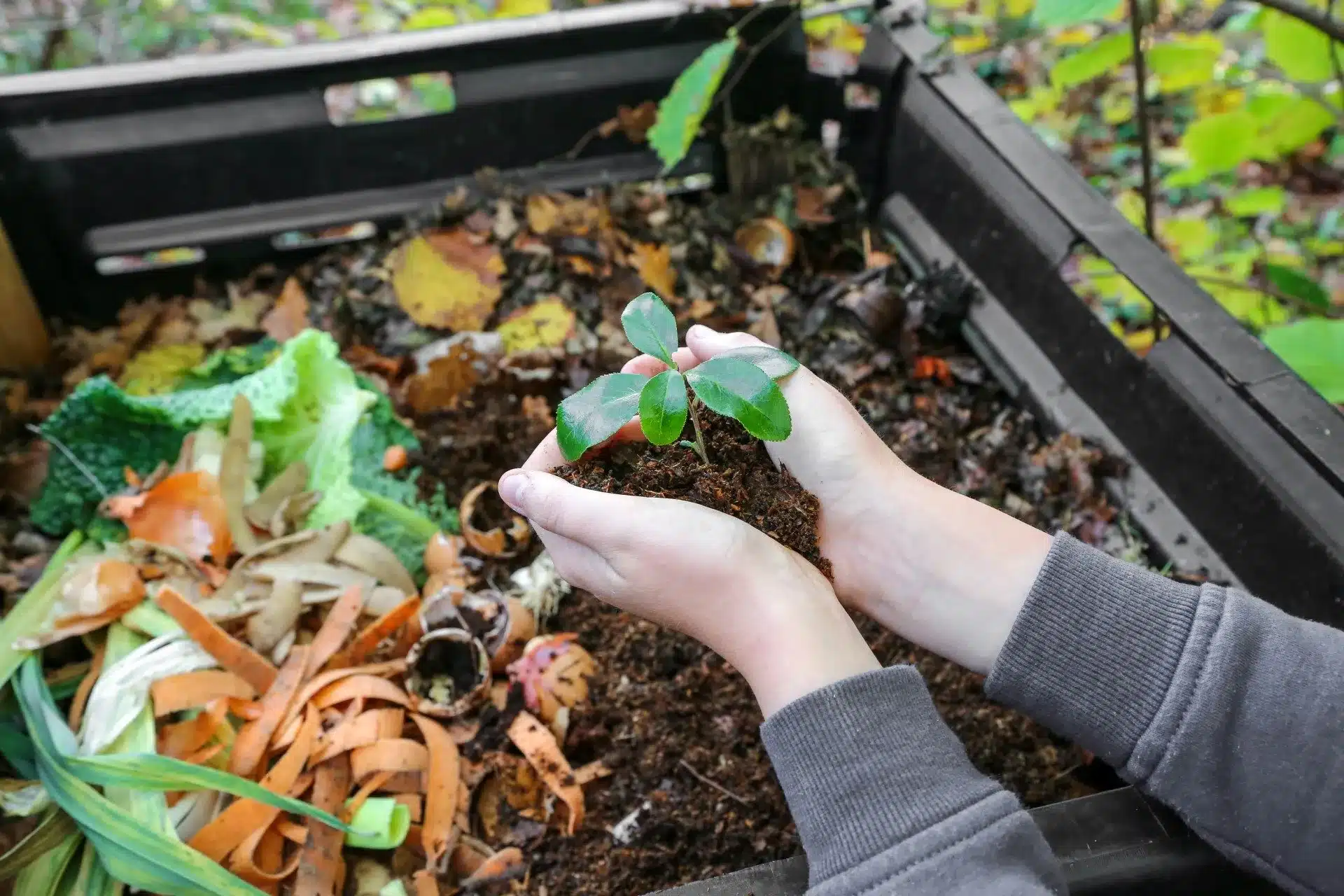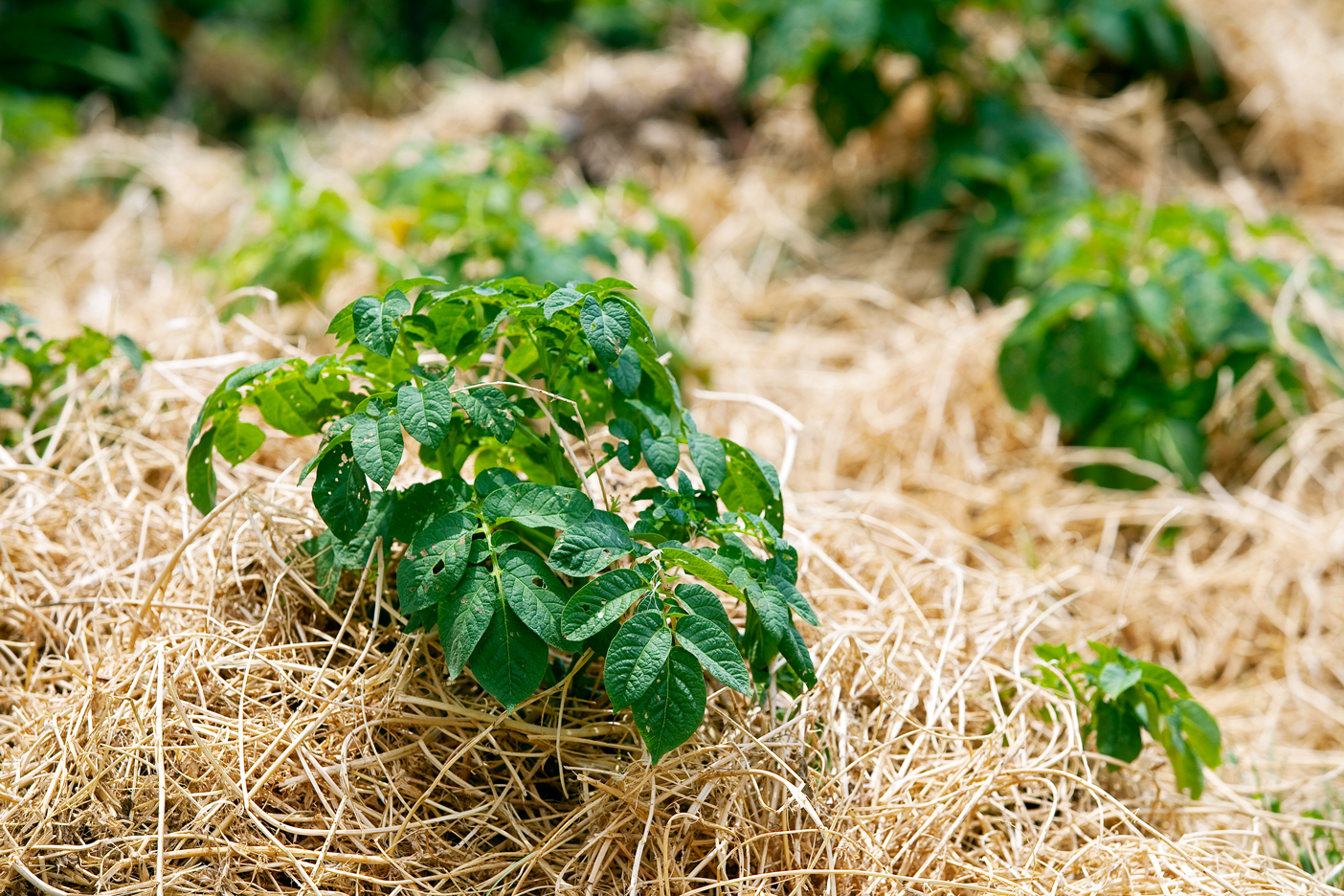How to Improve Soil Health Naturally in Your Garden

Imagine your garden as a bustling city, teeming with life. Now, picture the soil as the city's foundation, supporting and nourishing every living thing. Just as a strong foundation is vital for a thriving city, healthy soil is essential for a flourishing garden. But how do you improve soil health naturally? Let's dive in and explore the fascinating world beneath our feet.
Understanding Soil Health
Soil health is akin to our own well-being. It's not just about the absence of issues but the presence of beneficial elements. Healthy soil is rich in organic matter, teeming with beneficial microorganisms, and boasts balanced soil fertility. It's a living, breathing ecosystem that supports plant growth and sequesters carbon.
The Importance of Soil Health
Healthy soil is the backbone of a successful garden. It enhances plant growth, increases water retention, and reduces the need for chemical fertilizers. Moreover, it contributes to a healthier environment by storing carbon and supporting biodiversity. So, how do we achieve this?
How to Improve Soil Health Naturally in Your Garden
Composting: The Gold Standard
Composting is like alchemy, transforming waste into gold. Compost enriches soil with organic matter, improves soil structure, and introduces beneficial microorganisms. It's simple: collect organic waste (like fruit peels, vegetable scraps, and yard trimmings), let it decompose, and voilà! You've got garden gold. The Environmental Protection Agency provides a comprehensive guide on home composting.
Mulching: The Protective Blanket
Think of mulch as a cozy blanket for your soil. It shields soil from extreme temperatures, retains moisture, and suppresses weeds. Organic mulches, like wood chips or straw, also add organic matter as they decompose. The University of California's Agriculture and Natural Resources offers insights into various mulching materials.

Cover Crops: The Soil Saviors
Cover crops are like soil superheroes. They prevent erosion, improve soil structure, and enhance soil fertility. Legumes, like clover or peas, even fix nitrogen into the soil. The USDA's Natural Resources Conservation Service offers a wealth of information on cover crops.
Crop Rotation: The Merry-Go-Round
Crop rotation is like a merry-go-round for your garden. It prevents depletion of specific nutrients and disrupts pest and disease cycles. The principle is simple: plant different crops in successive seasons. The University of Minnesota Extension provides helpful guides on crop rotation.
Reduce Tillage: The Less is More Approach
Tilling can disrupt soil structure and harm beneficial microorganisms. Instead, opt for minimal tillage. This less is more approach preserves soil health and promotes a thriving ecosystem. The Food and Agriculture Organization delves into the benefits of conservation agriculture.
The Role of Beneficial Microorganisms
Beneficial microorganisms are the unsung heroes of soil health. They decompose organic matter, make nutrients available to plants, and even protect plants from diseases. Nurturing these tiny allies is key to a healthy garden.
Patience: The Gardener's Virtue
Improving soil health naturally takes time. It's akin to building a lasting friendship—it can't be rushed. But with patience and care, you'll reap the rewards of a thriving, resilient garden.

Conclusion: Your Garden's Journey to Healthier Soil
Embarking on the journey to improve soil health naturally is like setting sail for a greener, more vibrant destination. Through composting, mulching, cover crops, crop rotation, and reduced tillage, you're charting a course for a healthier garden. Remember, every step counts, and every effort makes a difference.
So, are you ready to transform your garden? The soil is waiting, and the journey is yours to begin. Happy gardening!
FAQs
How long does it take to improve soil health naturally?
- Improving soil health naturally is a gradual process. While you may see some improvements within a few months, significant changes can take years.
Can I use kitchen scraps for composting?
- Yes, many kitchen scraps are excellent for composting. Fruit peels, vegetable scraps, coffee grounds, and eggshells are all great additions to your compost pile.
What is the best mulch for my garden?
- The best mulch depends on your garden's needs. Organic mulches like wood chips, straw, or leaves are generally beneficial as they add organic matter to the soil.
How do cover crops improve soil health?
- Cover crops improve soil health by preventing erosion, enhancing soil structure, and adding organic matter. Some cover crops, like legumes, also fix nitrogen into the soil.
Why is reducing tillage important for soil health?
- Reducing tillage is important because it preserves soil structure and supports the beneficial microorganisms that live in the soil. Excessive tillage can disrupt these elements, harming soil health.
0 Response to "How to Improve Soil Health Naturally in Your Garden"
Post a Comment